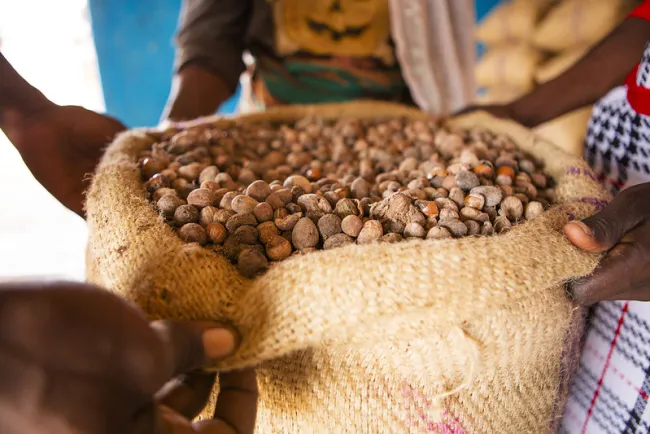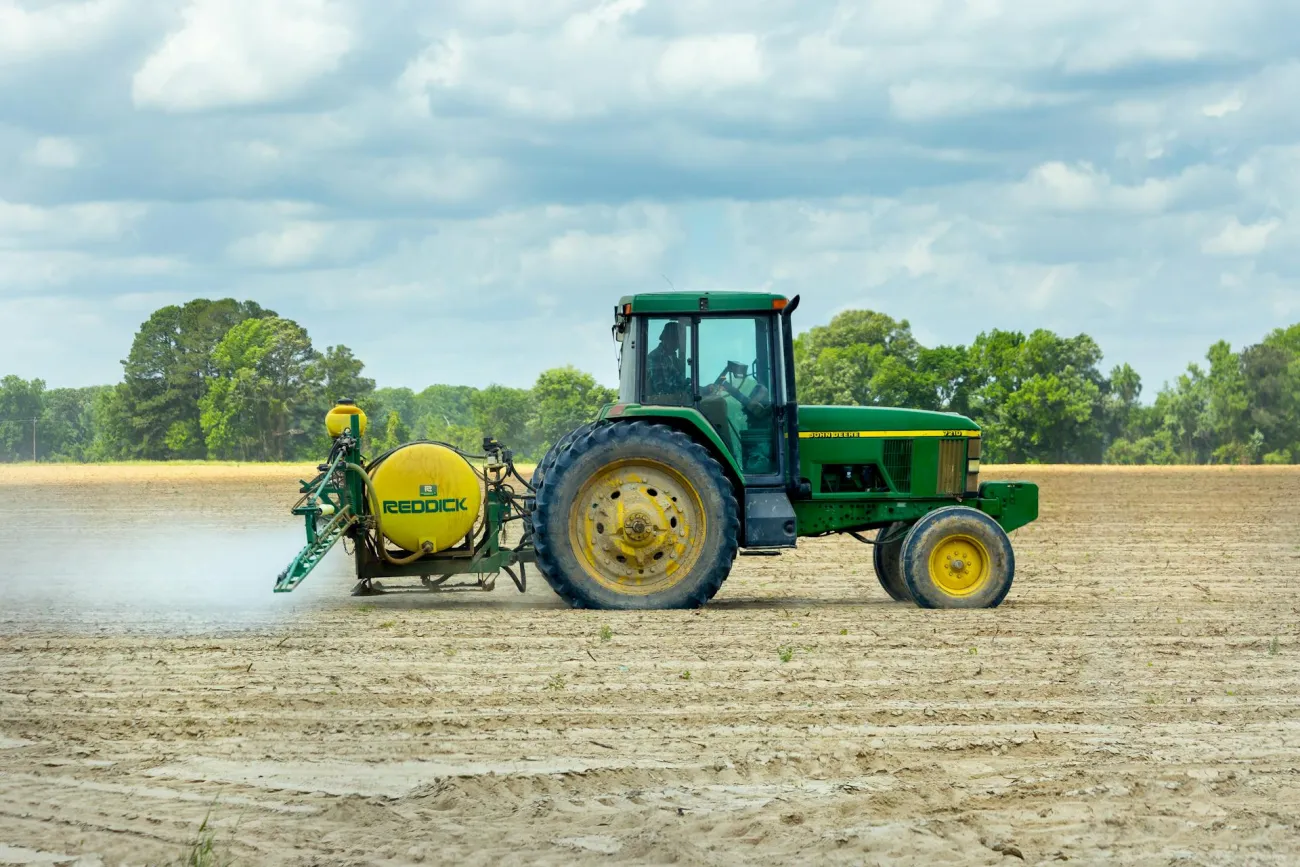This paper by FCRN member Roger Leakey proposes a three-stage process to improve smallholder incomes, yields, nutrition and environmental performance in tropical agriculture, focusing on Africa. Leakey argues that food policies developed in industrialised nations do not always recognise that farming systems are very different across the world.

The three-stage process is:
- Plant leguminous trees and shrubs to enhance soil nitrogen, reduce soil erosion and produce outputs such as wood for fuel and leaves for fodder.
- Select and domesticate indigenous tree species to produce outputs that can be sold for cash, thus increasing household income at the same time as improving soil health.
- Use the resulting income to purchase fertilisers to increase the yields of staple food crops by 300-600%.
Abstract
Environmental degradation, loss of biodiversity and climate change threaten the stability of our planet. Inappropriate approaches to food production interact with hunger, malnutrition and extreme poverty, especially in the tropics and sub-tropics. These approaches, in turn, enhance social deprivation and limit rural development, both of which are drivers of economic migration and civil conflict. Exacerbated by population growth, food systems lie at the heart of these global issues. Here, a planet-proofing approach developed in Africa is presented that illustrates that it is possible to diversify and rehabilitate degraded farmland with species producing highly nutritious and marketable traditional foods in ways that improve food production by conventional staple food crops. Furthermore, it rebuilds agroecological functions and creates new local business opportunities to kick-start rural economies and enhance social well-being. Together, these benefits promote livelihoods and social justice, the mitigation of and/or adaptation to climate change, and the provision of wildlife habitat. This approach offers a highly adaptable model that enhances past investments in the Green Revolution in ways that address both the environmental and social constraints limiting both mainstream agriculture in Africa — and the achievement of the Sustainable Development Goals globally.
Reference
Leakey, R.R., 2020. A re-boot of tropical agriculture benefits food production, rural economies, health, social justice and the environment. Nature Food, 1(5), pp.260-265.
Read the full paper here. See also the Foodsource building block What is sustainable intensification?




Comments (0)